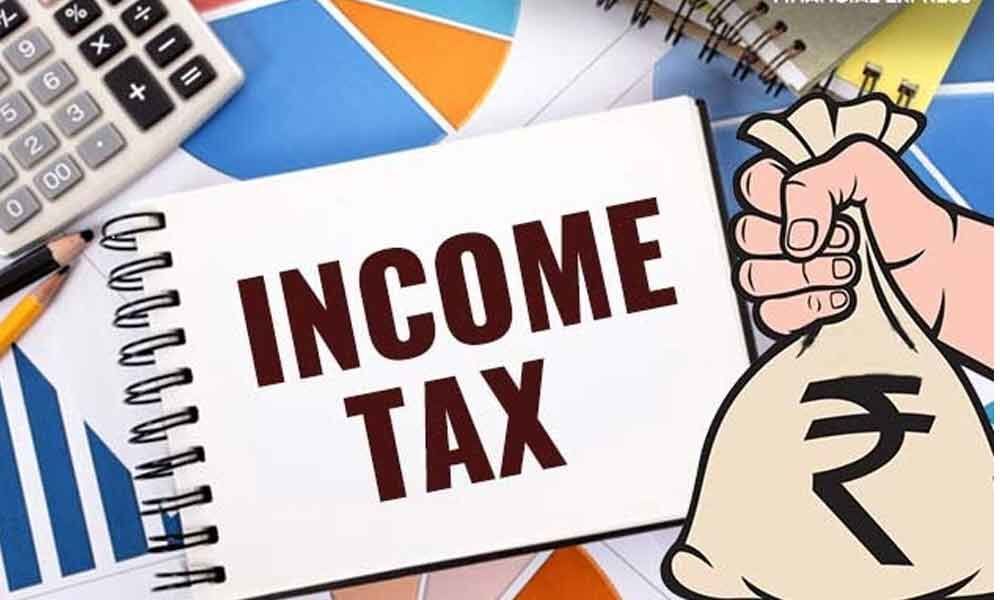It is fun to watch the world of cryptocurrency change and grow, but it can also be hard to understand, especially when it comes to taxes. As a crypto trader, I find it hard to figure out the tax rules.
This article breaks down crypto taxes for you, going over important ideas like capital gains, losses, trading awards, and how DeFi works. Talking to a CPA in Christiansburg, VA, about crypto taxes is a great way to make sure you are following the rules and getting the most out of your returns.
Understand crypto tax events.
Like any other transaction, buying and selling coins can lead to events that are taxed. Most people have to pay taxes when they sell crypto for a profit. This is called a capital gain.
This gain is handled the same way that money made from stocks is. Your tax rate is based on how much money you make and how long you hold on to the coin before selling it (short-term or long-term).
Losses can offset gains.
The good news is that you can get some of your money back if you lose crypto. At the end of the day, this helps your tax bill. The more money you lose in crypto, the more money you might be able to claim each year as a deduction. The most you can claim is $3,000.
Staking rewards and taxes.
You hold on to your cryptocurrencies to help a blockchain network run and get rewards when you stake them. These prizes from bets are usually taxed as income in the year you get them. Tax rates depend on how much money you make and where you fall in the tax rate scale.
De Fi and taxes.
There is a lot of growth going on in the area of autonomous finance, or De Fi. On the other hand, De Fi transfers can make taxes harder to understand.
One way this could happen is if you trade one coin for another on a De Fi site. Because you need to make sure your taxes are right, you need to carefully record everything you do for DeFi.
The impact of crypto on the tax system.
As cryptocurrencies have grown, they have given tax authorities around the world a new issue to resolve. Because cryptocurrencies are self-sufficient and do not have borders, normal tax systems were not designed to handle them.
This means that governments are working hard to keep up with the fast changes in the crypto market and make good tax policies at the same time. 
Challenges that tax authorities face.
It is tough to keep up with all the crypto trades. Most crypto transactions happen on open platforms. This makes them harder to keep an eye on than regular financial transactions, which are usually handled by banks and other places that are under government control.
That might make it harder for tax collectors to find events that are charged and make sure everyone pays their fair share.
Stay organized for tax season.
If you want to make crypto tax filing easy, you should keep good records. Keep track of the cryptocurrencies you buy, sell, trade, hold, and link to DeFi. There are many online tools and crypto tax apps that can help you stay ready.
Seek professional help.
The tax rules for cryptocurrencies are always changing. Get help from a tax expert who knows a lot about coins if you trade a lot or have a lot of complicated crypto stocks. What will happen with your taxes because you bought crypto? They can help you figure that out.
Plan for the future.
The rules for taxing cryptocurrencies will change as the market grows. You need to know about the new tax rules if you want to be a smart crypto trader. Getting your taxes done will go more quickly if you plan ahead and keep good records.



